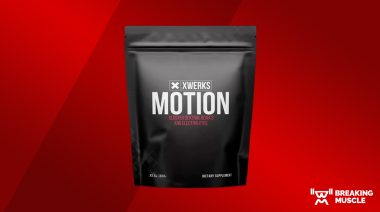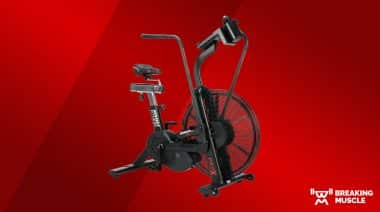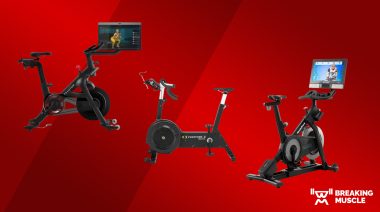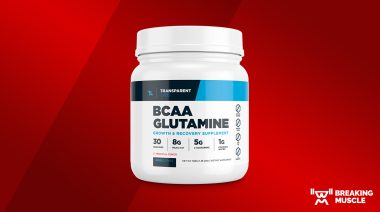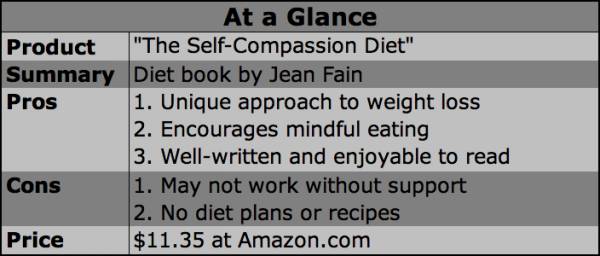
Just like athletic training, a healthy diet has a huge mental component. What and how we eat is deeply connected to the way we view food and how we relate to it, although we may not always be conscious of this connection. Jean Fain’s book, The Self-Compassion Diet, is based on the principle that food is not unconnected to self-image, or to be more precise, self-compassion.
So what is self-compassion? Fain describes three characteristics of self-compassion:
- Mindful Awareness: “Mindful awareness or mindfulness is simply giving your full attention to the present moment with as little judgment or as much acceptance as you can muster.”
- Self-Kindness: “Self-kindness is what it sounds like: treating yourself with care and understanding rather than beating yourself up with harsh criticisms.”
- Common Humanity: “The understanding that suffering is part of the human experience, that you are not alone and others suffer similarly, is the essence of common humanity.”
So what in the world does all this have to do with dieting? Fain’s book is certainly nothing like any diet book I’ve ever read. You won’t find tips on calorie counting or charts of foods you can and cannot eat. You won’t even find any recipes. Instead, you’ll find tips on meditation, breathing exercises, hypnosis information, and food logs. That’s because Fain sees eating as a way to deepen mindfulness. As she says, the question that fuels the self-compassion diet approach is radically different from your standard diet mindset.
‘What can I learn?’ is a far more compassionate question than the one that dieters typically as: ‘How can I lose ten pounds fast?’ The latter question leaves little room for mindful awareness, self-kindness, and common humanity. In the outer quest for the magic weight-loss cure, there’s really no point in cultivating inner awareness. The lose weight fast question is a self-critical one; it presupposes the questioner is unattractive, and therefore unacceptable at his or her present weight.
As I read Jean’s book – which is well-written and a pleasure to read – it struck me how simple this approach really is. It makes sense that when you look at food from this perspective, your eating habits would radically change. Fain emphasizes the difference between self-compassion and self-discipline in the beginning of her book. She describes the experience of one dieter who had immense success with this approach. “With a kinder, more accepting attitude toward herself, what were once ‘transgressions’ became invitations to review her missteps, remember her intentions, and recommit herself to paying attention.”
Although I’ve never struggled with weight loss, I can definitely say that this approach rings true in my experience. All the changes I’ve attempted to make in my life out of guilt, anxiety, or self-deprecation were ultimately unsuccessful. I would imagine that by shifting perspective towards self-compassion and mindfulness, weight loss results would be more permanent and even rewarding.
Fain also describes who makes a good candidate for this approach. “Better candidates for mindful-eating training are not only all too aware of suffering, but a major source of their suffering has become the human need for food. Candidates don’t struggle with the same eating problems, but they all share a genuine interest in feeding themselves with less compulsion and more ease.” This makes Fain’s approach ideal not only for weight loss, but also for those who want to relate to food in a healthier way.
I think this approach would be most successful with a lot of support and guidance. Fain devotes an entire chapter to hypnotherapy and how it can help with this approach. She also has a audio set to accompany the book.
To many, Fain’s approach may seem unscientific or abstract. At its root, Fain’s book is about something much deeper than just dieting. So often, health is associated with nothing more than image and punishment, and we forget to enjoy it. As Fain says, “Some dieters are so busy ‘being good,’ trying to satisfy themselves with supermarket grapefruits and iceberg lettuce, they forget to notice the local markets overflowing with local strawberries and corn. These are the same gals who, rather than bicycling outdoors on the most glorious June day, try to force themselves into the dank gym to lift weights.”
This expresses the basic aim of Fain’s approach: to view food as an opportunity to grow in loving-kindness, while never losing sight of the bigger picture that is happiness. After all, in the words of Julia Child that Fain quotes in the final section of her book, “Life itself is the proper binge.”
“The Self-Compassion Diet” is available for $11.35 at Amazon.com.

